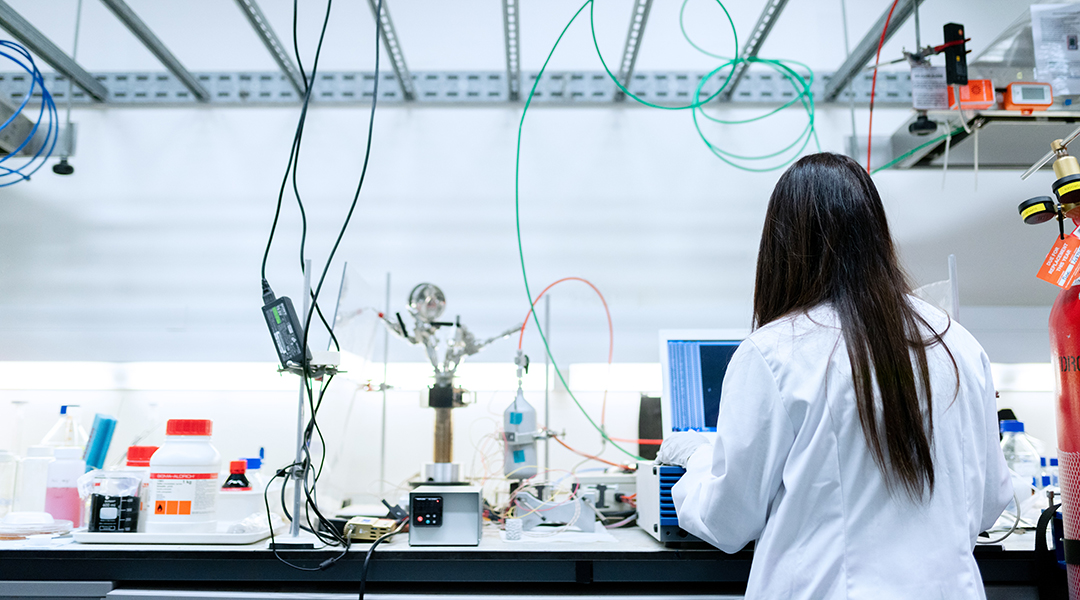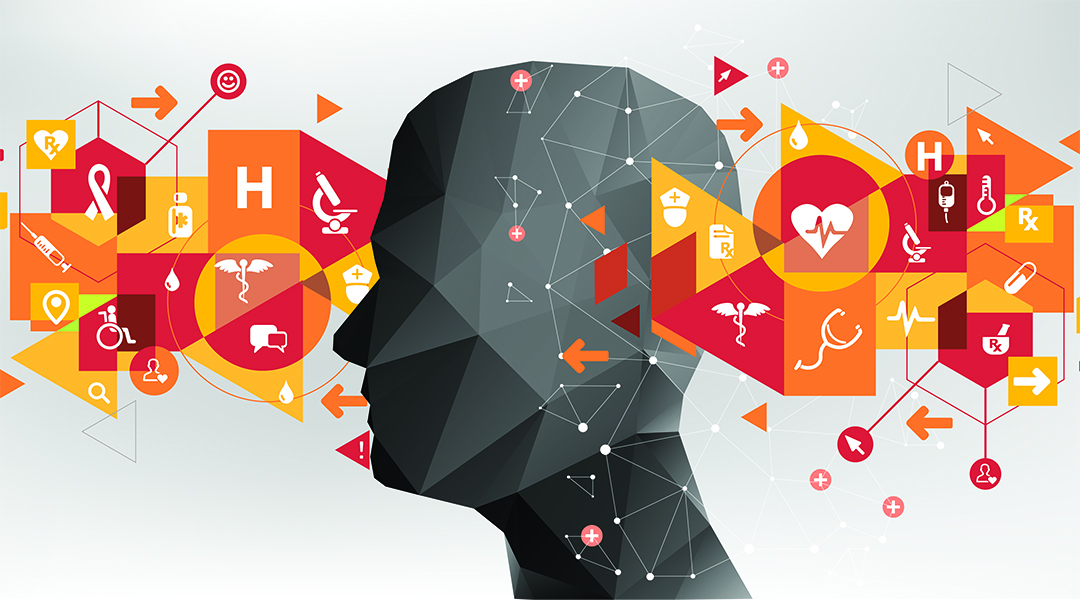A new machine vision system can adapt to its surroundings and paves the way for in-situ neuromorphic recognition tasks.


A new machine vision system can adapt to its surroundings and paves the way for in-situ neuromorphic recognition tasks.

An AI-based process recommender system for injection molding allows non-experts to set process conditions in real time.

Bursting dynamics that mimic the functions of the human brain pave the way for more efficient AI systems.

High-throughput computational materials screening is turning out to be an efficient highway to optoelectronic semiconductor design.

Using the principles of quantum mechanics, scientists are unlocking incredible computing powers one experiment at a time.

There is a tremendous sense of joy and elation when a chemist discovers a new molecule, but if we dehumanize the art of science what is left?

Plate tectonics are important for habitability, and it appears that the optimum conditions existed for planets forming early in the galaxy’s lifespan … and may be unlikely to easily recur.

The future will witness a gradual shift in which computational models will play a progressively larger role in identifying new materials for specific purposes.

The current pandemic has provided an opportunity to observe the resilience of every link in the healthcare chain, and AI has appeared to have given in.

New quantum algorithms will have dramatic impact in computational molecular biology and bioinformatics and promise to impact a number of life science applications.